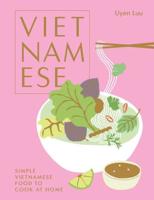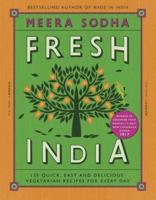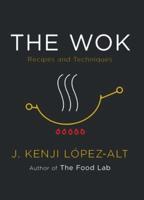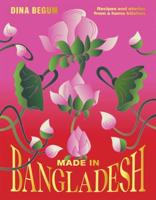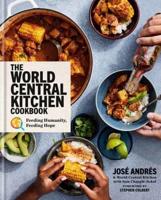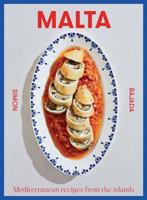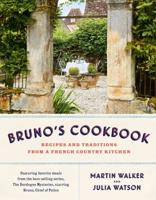Publisher's Synopsis
Chinese cuisine has a rich tradition and a long history. Its concept is inextricably linked with ancient Chinese philosophy. Back in the second millennium BC, the sage Yi Ying managed to create the theory of "nutritional harmonization". In turn, Confucius studied the intricacies of the culinary arts in the 6th-5th centuries BC.
A distinctive feature of Chinese cuisine is the balance of products (vegetables, spices, seasonings). Therefore, the dishes have a unique aroma, taste, and color. The harmonious unity of vegetables, spices, and seasonings has long been considered the basis of the culinary arts in China.
In the process of ancient archaeological excavations, many interesting facts were discovered. They testify to the high development of gastronomic art in Henan province. During archaeological excavations, bronze pots, kitchen boards, knives, and other utensils were found.
The history of Chinese cuisine is quite multifaceted. Already in 770-221. BC. There were public restaurants in this state. And about 1500 years ago, a detailed cookbook appeared on the mysteries of Chinese cuisine. Already in those days, culinary art was considered a subject of serious study. The rich history and traditions of Chinese cuisine are largely due to the special attitude of local residents to the cooking process. Sesame oil, fried with allspice, is also actively mentioned in Chinese recipes. It is customary to add it to vegetable dishes.



